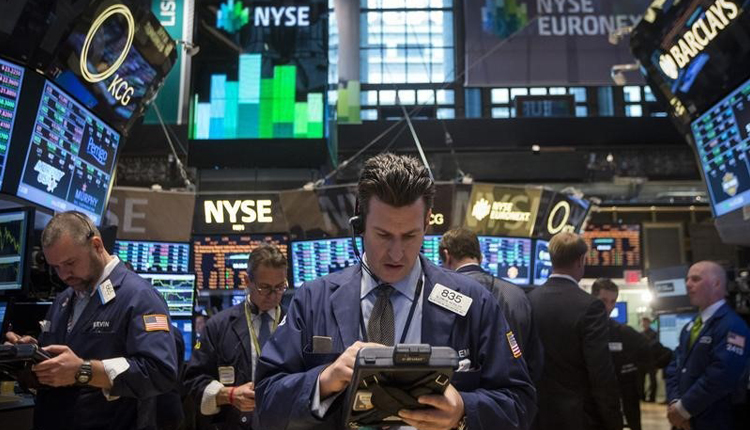The U.S. stock market is well on its way to better-than-average gains this year, but a quick glance at overseas markets reveals a more sobering story.
While the S&P 500 is up more than 6 percent and less than 1 percent away from new highs, the iShares MSCI China exchange-traded fund is down more than 12 percent so far this year. The iShares China ETF — like others managed by financial giant BlackRock — tracks the results of an index of country-specific stocks.
The U.S. stock market is well on its way to better-than-average gains this year, but a quick glance at overseas markets reveals a more sobering story.
While the S&P 500 is up more than 6 percent and less than 1 percent away from new highs, the iShares MSCI China exchange-traded fund is down more than 12 percent so far this year. The iShares China ETF — like others managed by financial giant BlackRock — tracks the results of an index of country-specific stocks.
Although some have speculated that fears of slower economic growth in China may be partly responsible for feeble stock performance there, Hong Kong and Shanghai are by no means alone.
“I think one of the biggest stories throughout the year has been the pressure we’ve seen on emerging markets,” said Scott Brown, chief economist at Raymond James. “A lot of these countries have high levels of debt, so higher rates put pressure there.”
Ever since the Federal Reserve began unwinding its massive balance sheet and hiking interest rates, the U.S. dollar has gradually climbed against a basket of other currencies. All else equal, higher interest rates in a country increase the value of that country’s currency as foreigners flock to take advantage of better yields.
source: Reuters
